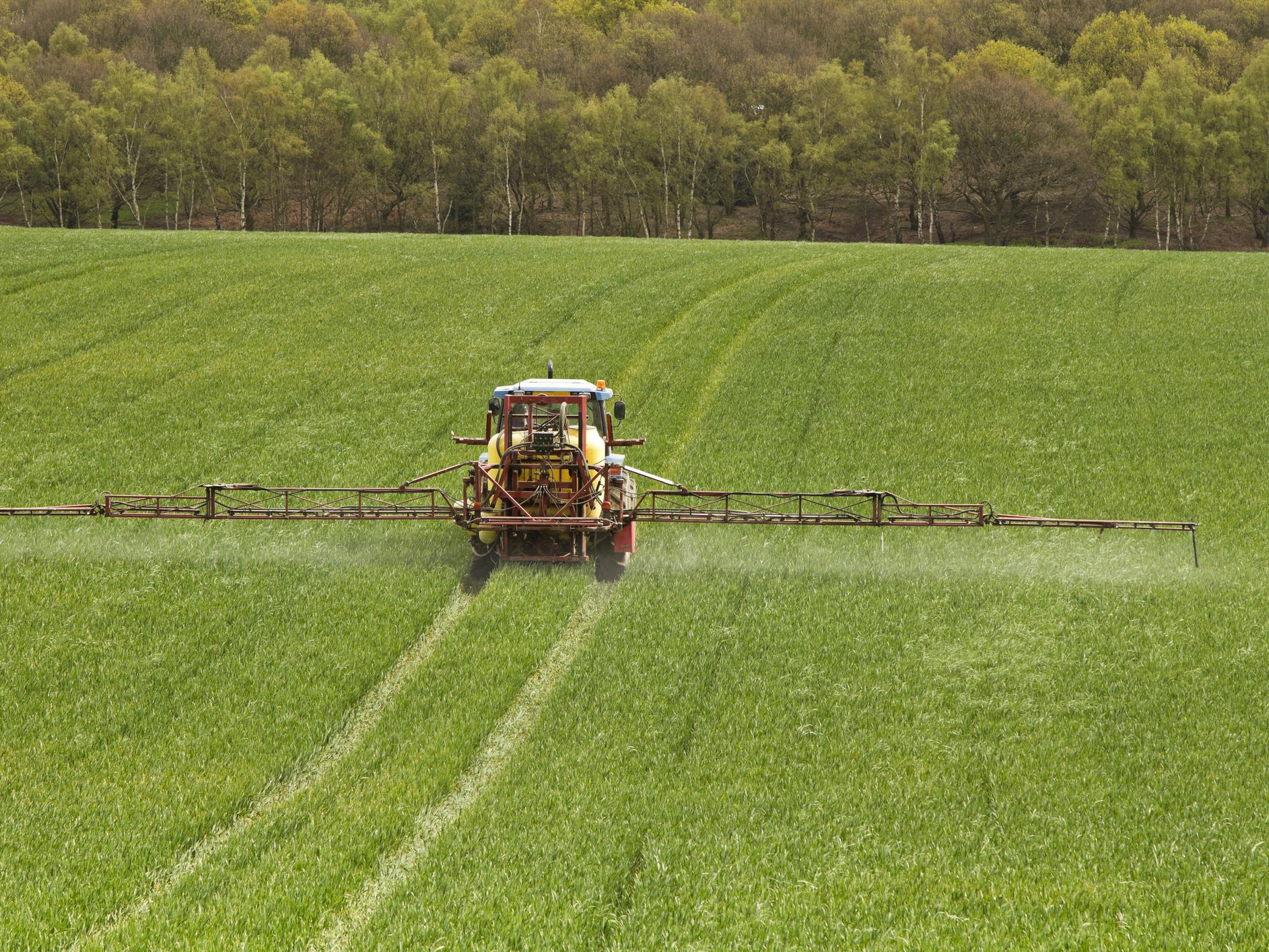Brexit: UK could lower pesticide standards to US levels in exchange for trade deal, campaigners warn
America, Australia and India allow far higher levels of some potentially harmful chemicals to be used in food production, and campaigners are sounding the alarm, Ben Chapman reports


UK consumers are likely to be exposed to higher levels of toxic chemicals in their food if the government caves in to the demands of US negotiators in trade deal talks, campaigners have warned.
While much of the public debate around food standards has focused on chlorinated chicken, a new report highlights an array of US farming rules on pesticides and other chemicals that are far more lax than the UK’s.
Pesticide Action Network, Sustain, and Dr Emily Lydgate from the University of Sussex also looked at standards in other countries which UK ministers are keen to sign deals with such as India and Australia.
They concluded that these agreements are likely to drive down UK food standards which are among the highest in the world.
For example, US grapes are allowed to contain 1,000 times the amount of an insecticide called propargite that can affect sexual function and fertility, and has been linked to cancer and miscarriages.
American apples are allowed to contain 400 times the level of the insecticide malathion than UK apples. Malathion has also been linked to cancer and can impair the respiratory system and cause confusion, headaches and weakness.
The pesticide chlorpyrifos has been shown to negatively affect the cognitive development of foetuses and young children and is banned from use in the UK but is used by farmers in the US and India.
US negotiators are pushing their UK counterparts to allow chemicals currently banned under EU rules including neonicotinoid pesticides which have been blamed for collapsing bee populations.
A YouGov survey of 1,654 people found that 71 per cent are concerned that a US trade deal will mean larger amounts of pesticides in their food. Almost eight in 10 (79 per cent) are worried that lower pesticide standards will damage people’s health.
Josie Cohen, head of policy and campaigns at Pesticide Action Network, said: “Much attention has been paid to the dangers of ‘chlorinated chicken’, but the UK public is equally concerned about weakening pesticide protections.
“We know that US negotiators have our pesticide standards firmly in their sights, and with the talks happening behind closed doors the public has no way of knowing if health and environmental protections are being traded away.”
Vicki Hird, farm campaign co-ordinator at Sustain, warned that the lowering of pesticide standards could be “catastrophic” for both UK farming and the environment.
“If UK farmers are forced into using pesticides in order to compete with a flood of cheap food imports then their exports will no longer meet EU standards and they’ll lose one of their key markets,” she said.
Responding to the report, Sue Davies, head of consumer protection and food policy at consumer group Which?, said: “We know British consumers value the UK’s high food standards and believe they should be maintained as the government negotiates post-Brexit trade deals.
“It is important that these standards, which prohibit chemically-washed chicken, hormone-treated beef and the excessive use of pesticides in the UK, are not diluted in pursuit of trade deals.”
The Green Alliance think tank warned in March that Britain could become a “dumping ground” for products linked to cancer, thyroid disease, hormone disruption and developmental problems because the prime minister insists on pulling out of the EU’s successful watchdog.
It means the UK must start from scratch in vetting hazardous chemicals itself – but with far less money and staff, in a process expected to take many years.
In the interim, manufacturers will be able to successfully challenge attempts to exclude chemicals banned in the EU – in everything from food and drink packaging and paints to furniture, carpets, clothing and even toys, the groups fear.
Join our commenting forum
Join thought-provoking conversations, follow other Independent readers and see their replies
Comments